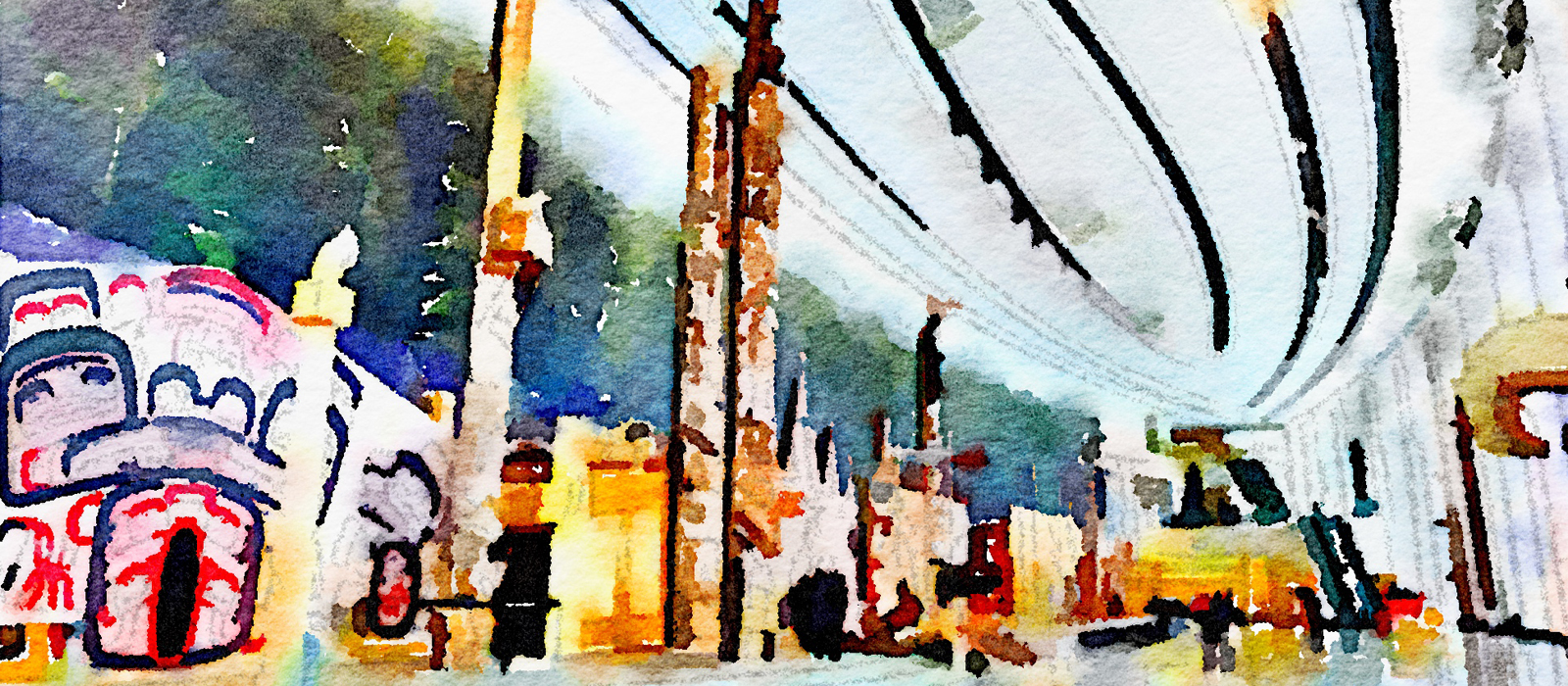First Year Seminar Courses (FYSM) 2024-2025
First-year seminar (FYSM) courses are small classes (usually with 30 students) designed to give students the opportunity to discuss and research topics of interest in a core subject area. Most university students are in their third or fourth year of study before they have the opportunity to take seminar courses. As a Carleton University Bachelor of Arts (BA) student, you are provided with this experience at the first-year level through enrolment in your First-Year Seminar.
Fall 2024 Courses
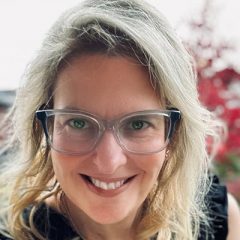 Politics on Netflix
Politics on Netflix
FYSM 1611 A
Instuctor: Mira Sucharov
Grab your popcorn and prepare to be immersed in the political and social world of Netflix! In this first-year seminar, we will examine an array of issues of contemporary and historical relevance by watching and analyzing current film and television offerings. Closer to the time of rollout, Prof. Sucharov will select a dozen movies or shows on Netflix that illustrate particular socio-political dynamics. Sometimes these themes are intentional and overt; other times it will be up to us to spot them. Themes to be discussed might include electoral politics, gender and sexuality, race and racial justice, class and poverty, doping in sports, politics and the media, animal rights, mass incarceration, and international conflict.
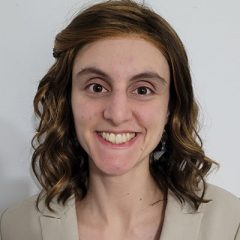 Global Politics of Refugees
Global Politics of Refugees
FYSM 1611 B
Instructor: Rachel McNally
At the end of 2022, the United Nations Refugee Agency estimated that 108 million people were forcibly displaced from their homes around the world, including 25 million refugees who have crossed an international border. This number continues to grow because of persecution, conflicts, violence, human rights violations, and climate change. In this course, we will look at the political responses to refugees, both internationally and in Canada. We will look at why countries come together to support refugees and who is left out of refugee protection, like people who are forced to leave their homes because of climate change. Each week, we will also cover one skill required to write an academic research paper, like finding articles on the library website.
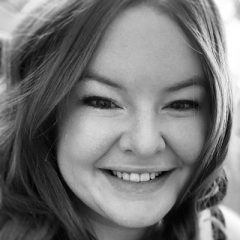 Ancestry.com, Big Data, and the Politics of Identity
Ancestry.com, Big Data, and the Politics of Identity
FYSM 1611 C
Instructor: Hailey-Ann Walker
This course examines how Ancestry.com has transformed personal and familial genealogy from the niche pursuit of family tree hobbyists into a multi-billion-dollar industry. Ancestry.com has amassed an astonishing digitized database of over 60 billion archival artefacts and over 25 million DNA results from around the world. What does it mean to have ancestral and genetic data at our fingertips? Who is invested in the digitization and marketization of this data and what is at stake? In what ways has Ancestry.com blurred the public-private divide and transformed the way population information is consolidated, deployed, and governed? How does Ancestry.com reinforce and/or transform the way we think and talk about identity, history, place and belonging? By pondering these questions (among others) the course will help students understand the sociopolitical significance and implications of Ancestry.com.
Winter 2025 Courses
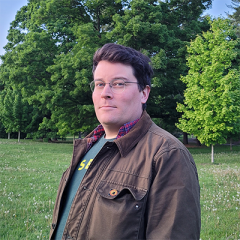 Issues and Politics of the City
Issues and Politics of the City
FYSM 1611 D
Instructor: Gabriel Maracle
Worldwide trends show that people are increasingly becoming urban; some statistics suggest that by 2050 nearly 7 in 10 people will be living in cities. Urbanization and urban life continue to be major factors in politics in the 21st century. This course examines how cities and urban spaces are sites of multiple and overlapping issues, movements, conflicts and communities. Students will learn about urban issues, from regional and federal politics to education, sports, public spaces, housing, policing, protests, history, and much more. The course encourages students to look at urban spaces differently and have opportunities to sharpen their academic and professional skills.
